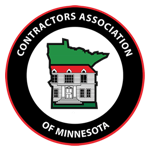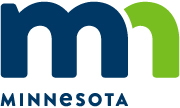CAM, DAV Project, and Iron River Construction give back
We partnered with the DAV Project and Iron River Construction to give back to Carol Fink, a disabled veteran. We are very proud with the results of this project and happy we could help! Learn how you can help disabled veterans with the DAV of Minnesota Foundation- http://davmnfoundation.org/https://www.youtube.com/watch?v=mMaXuWmEF-I






